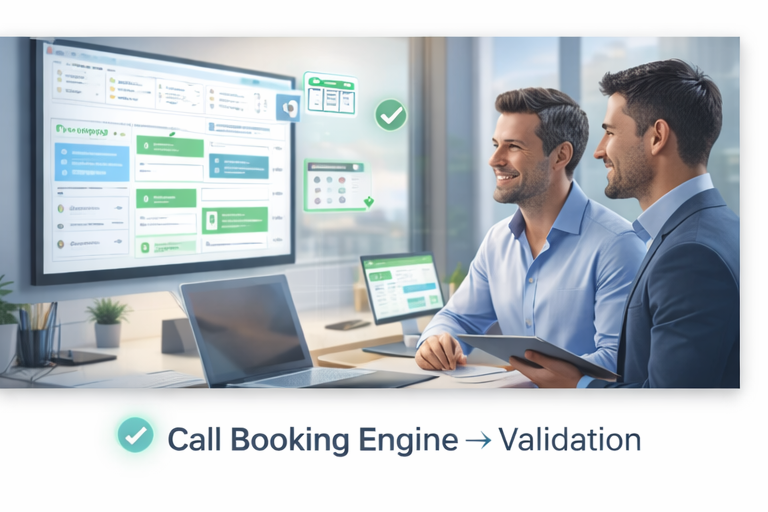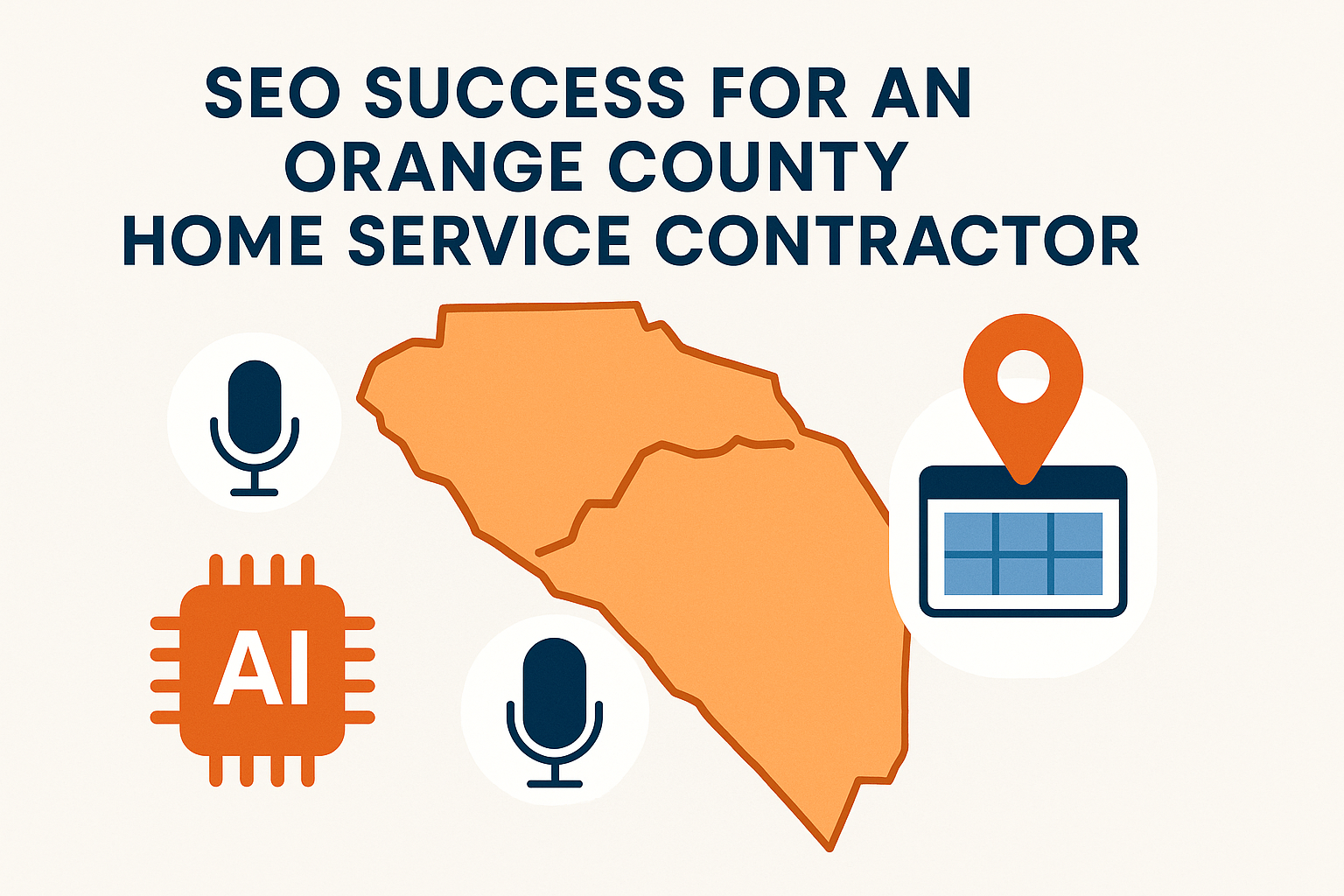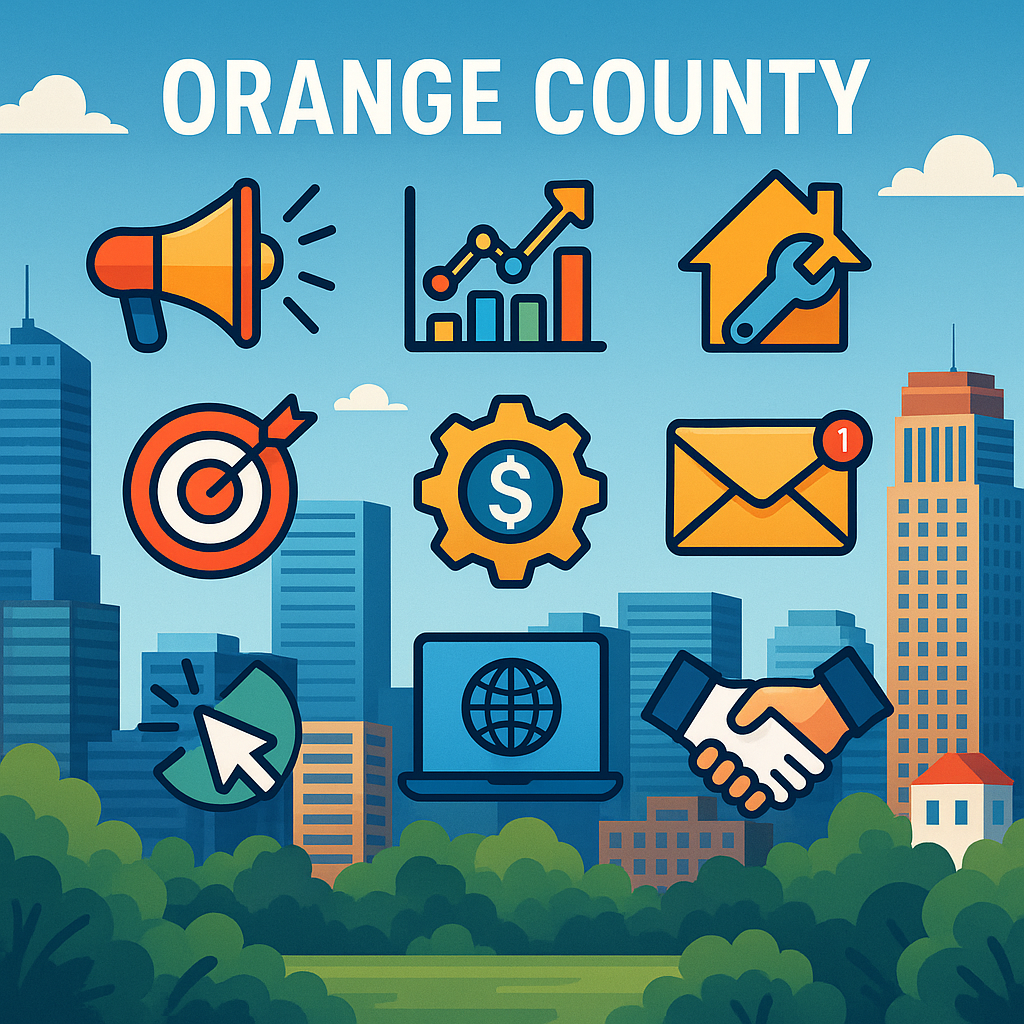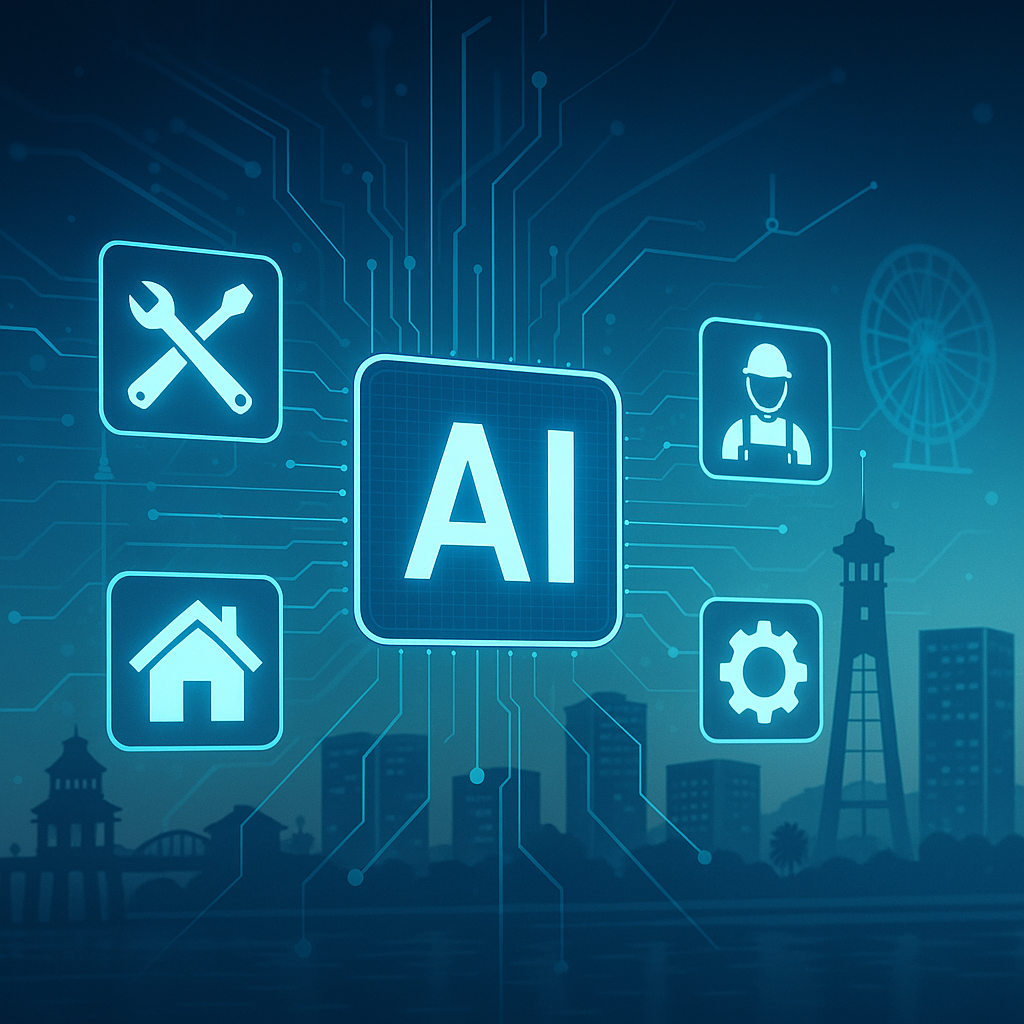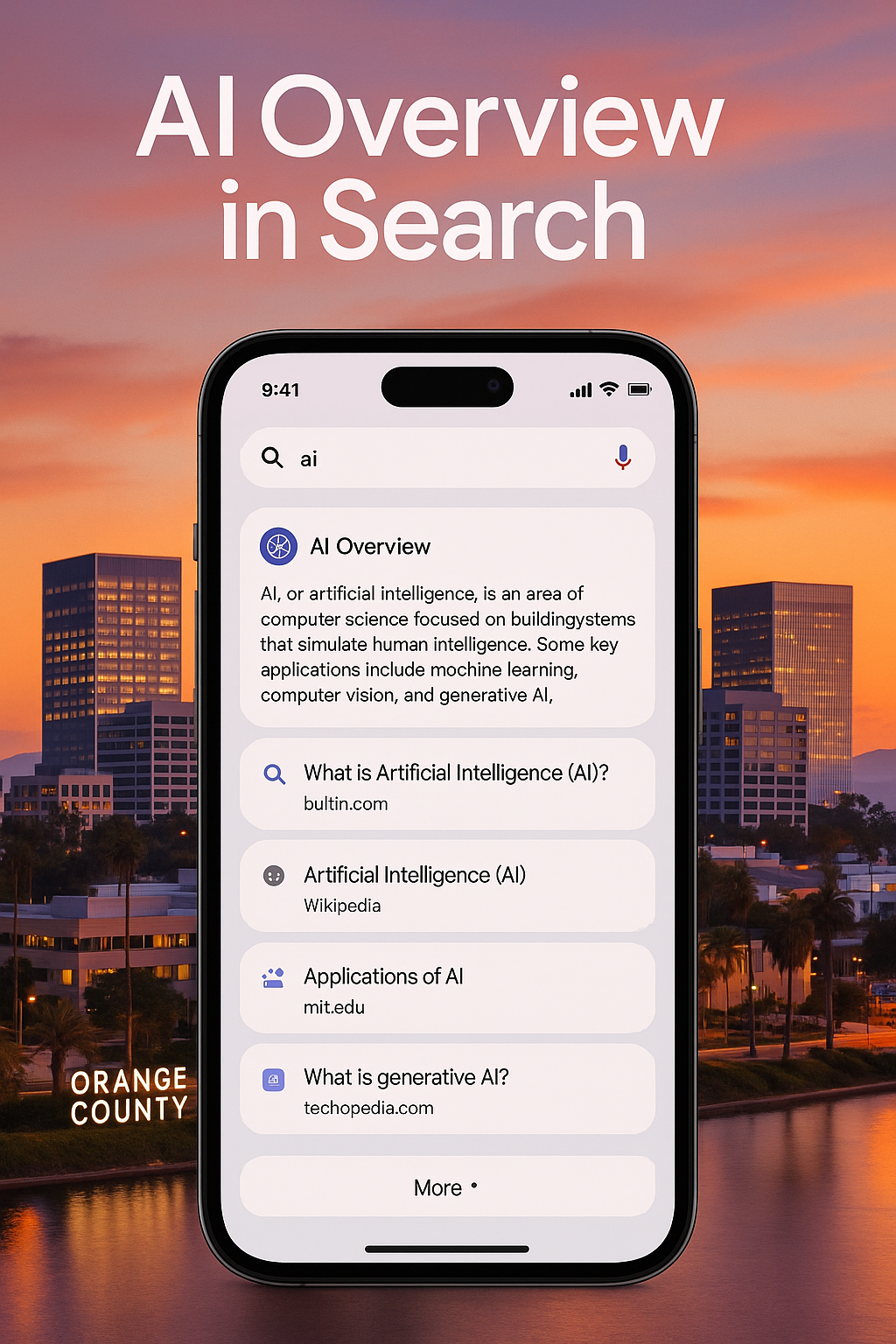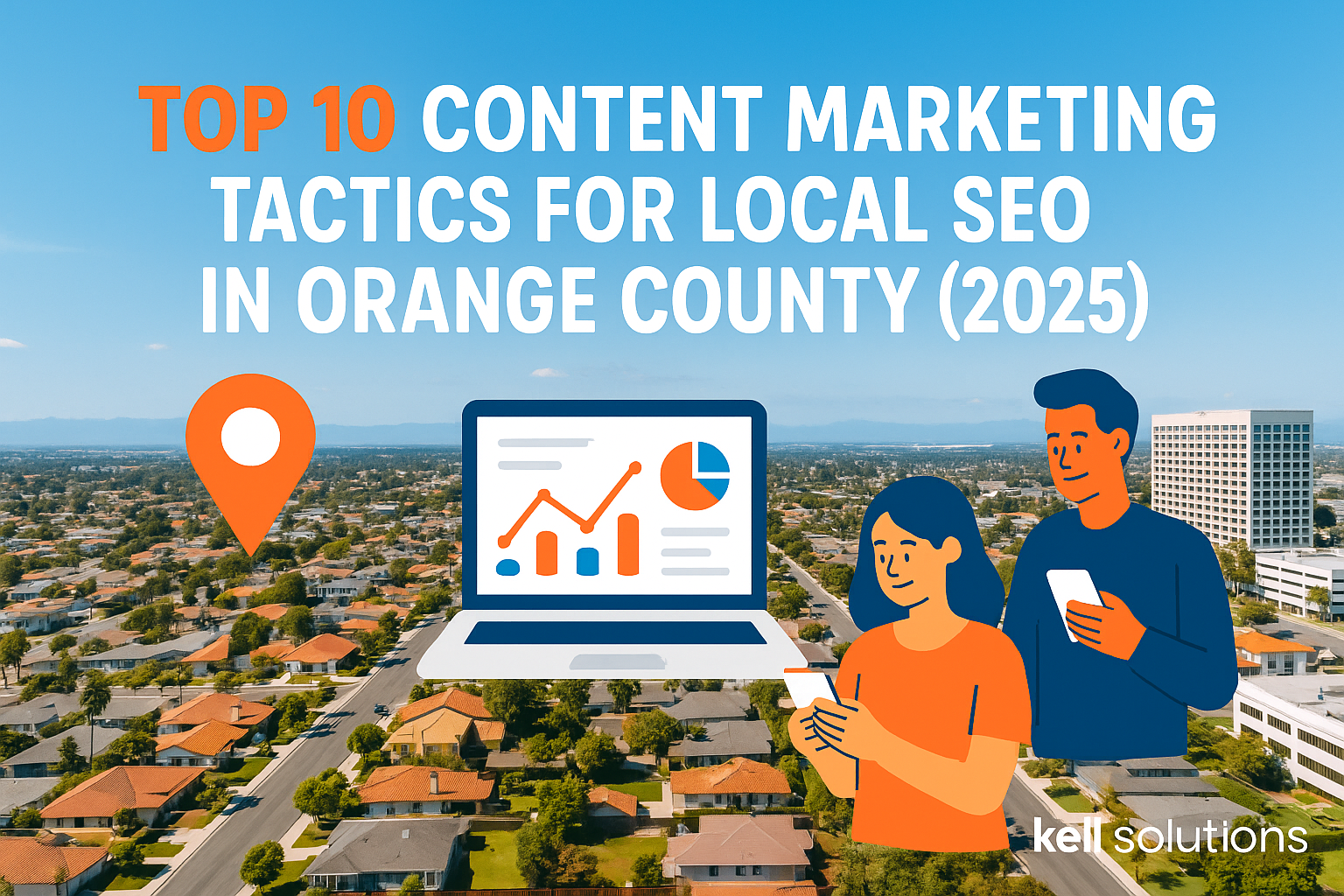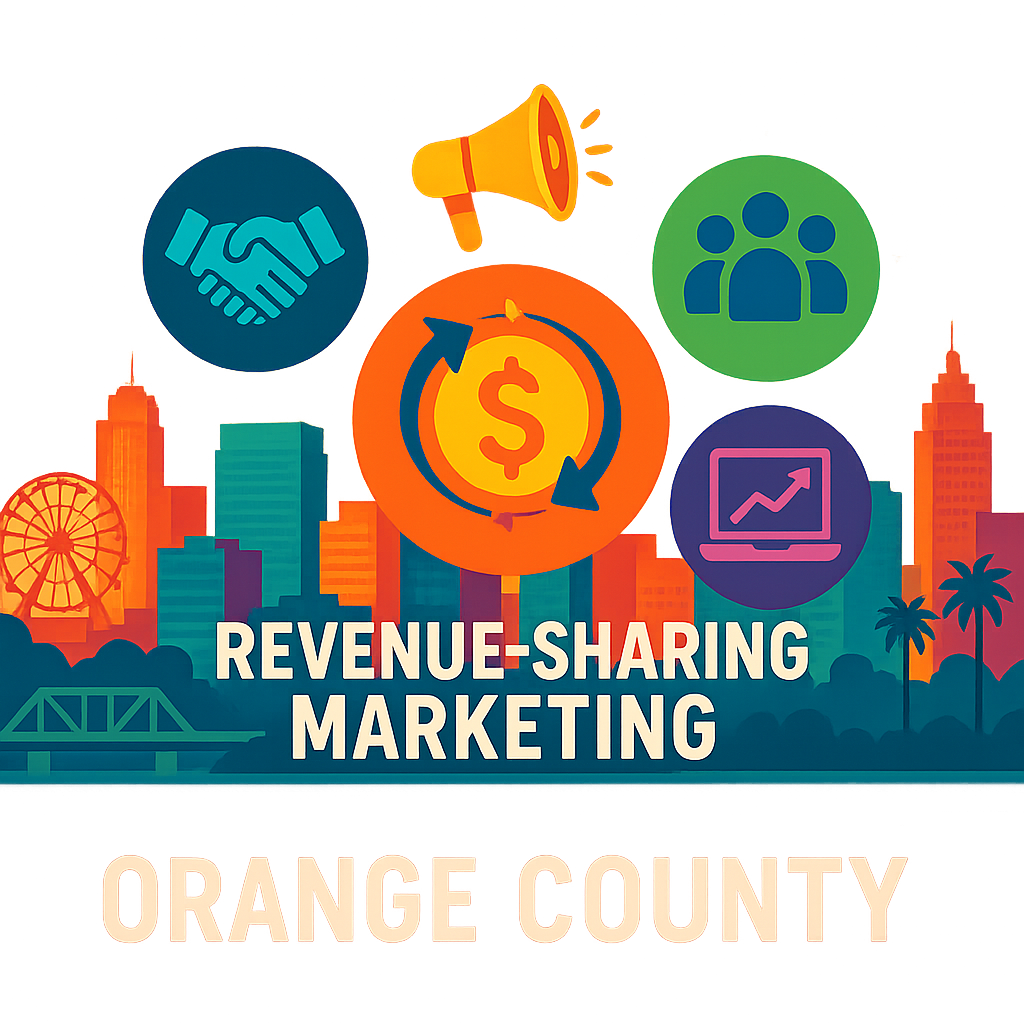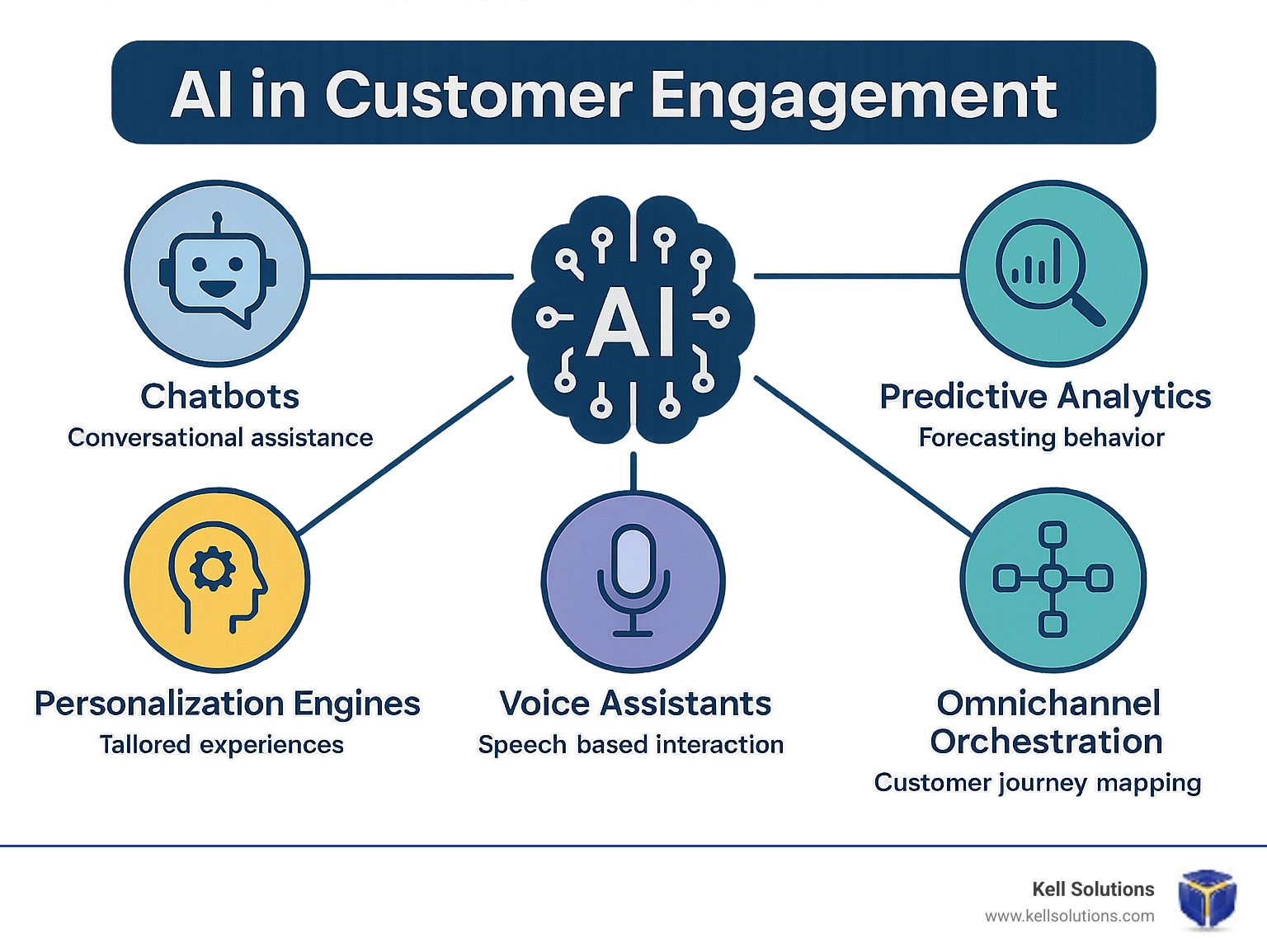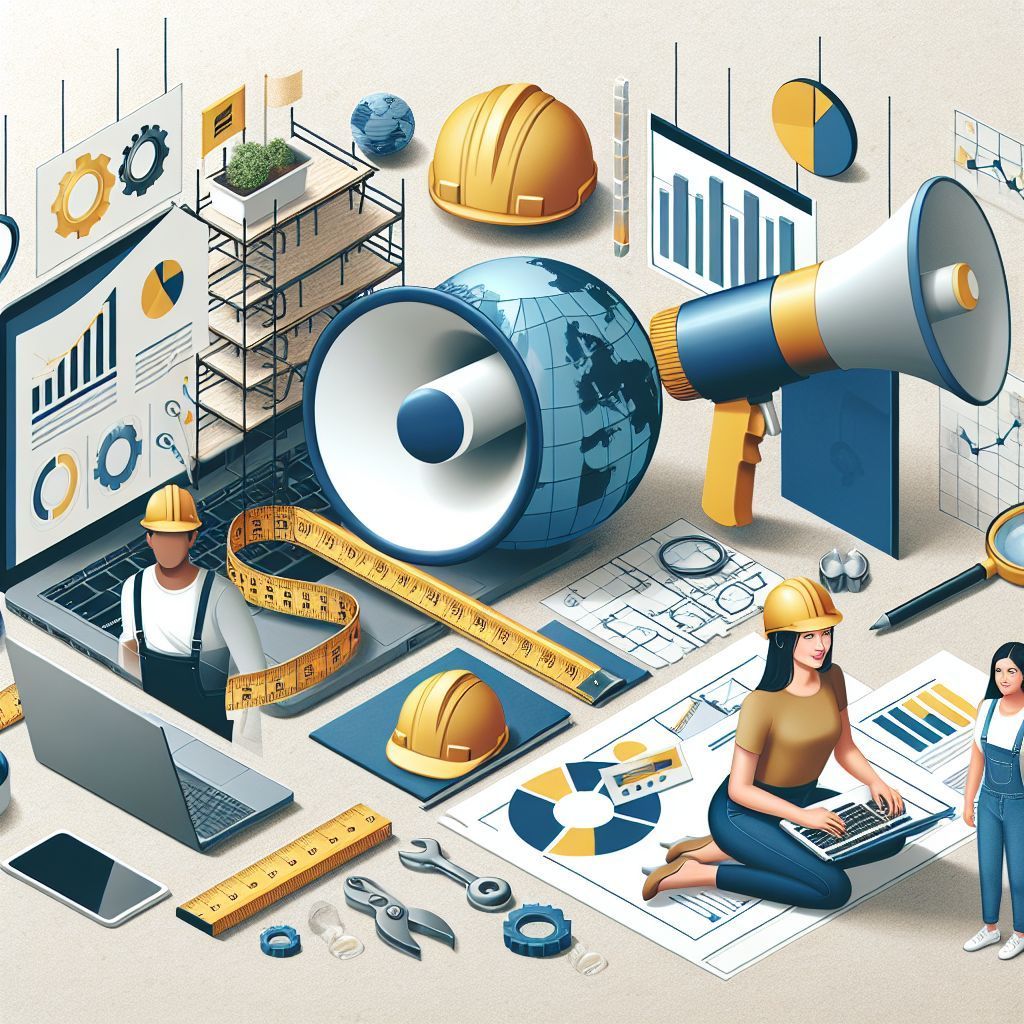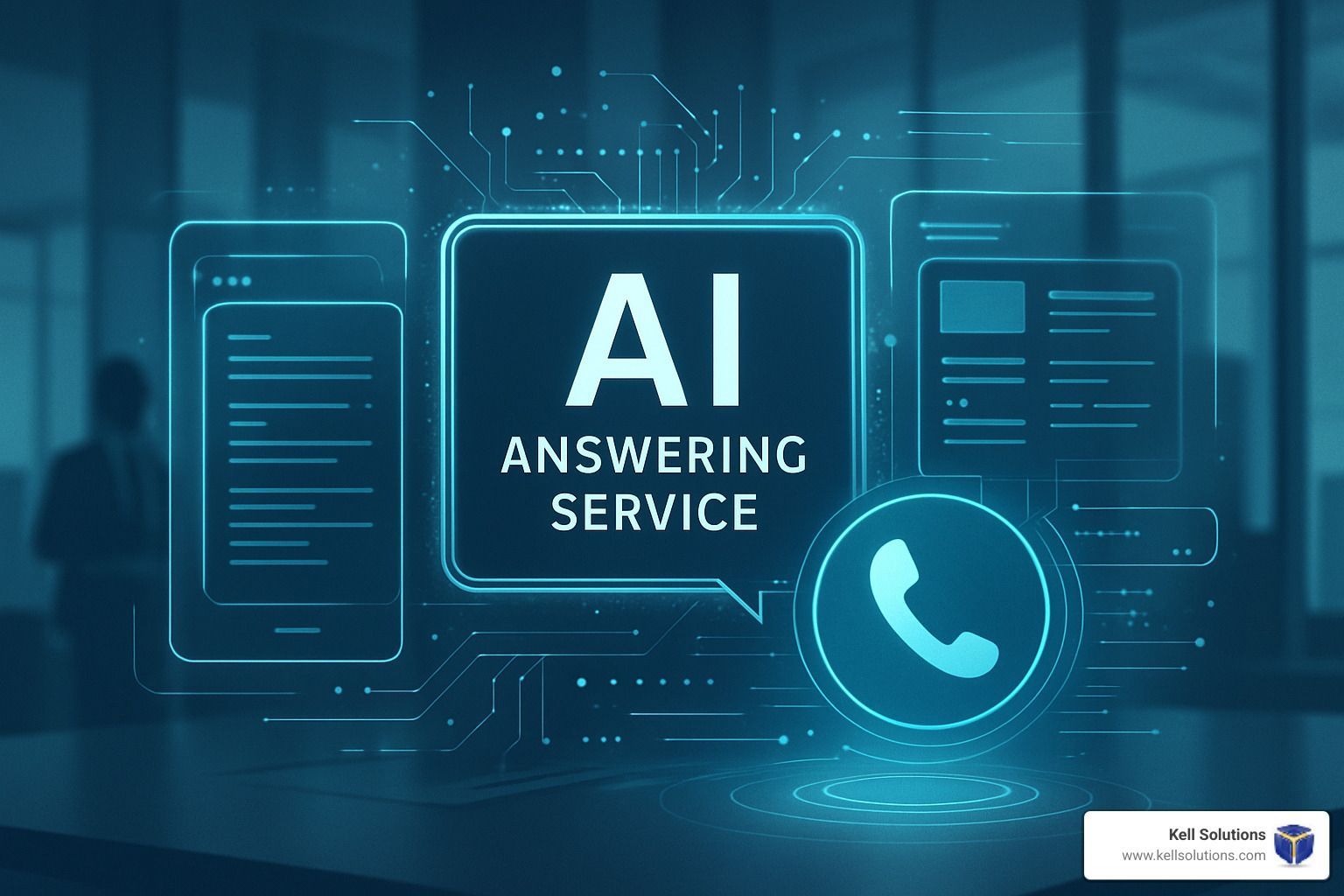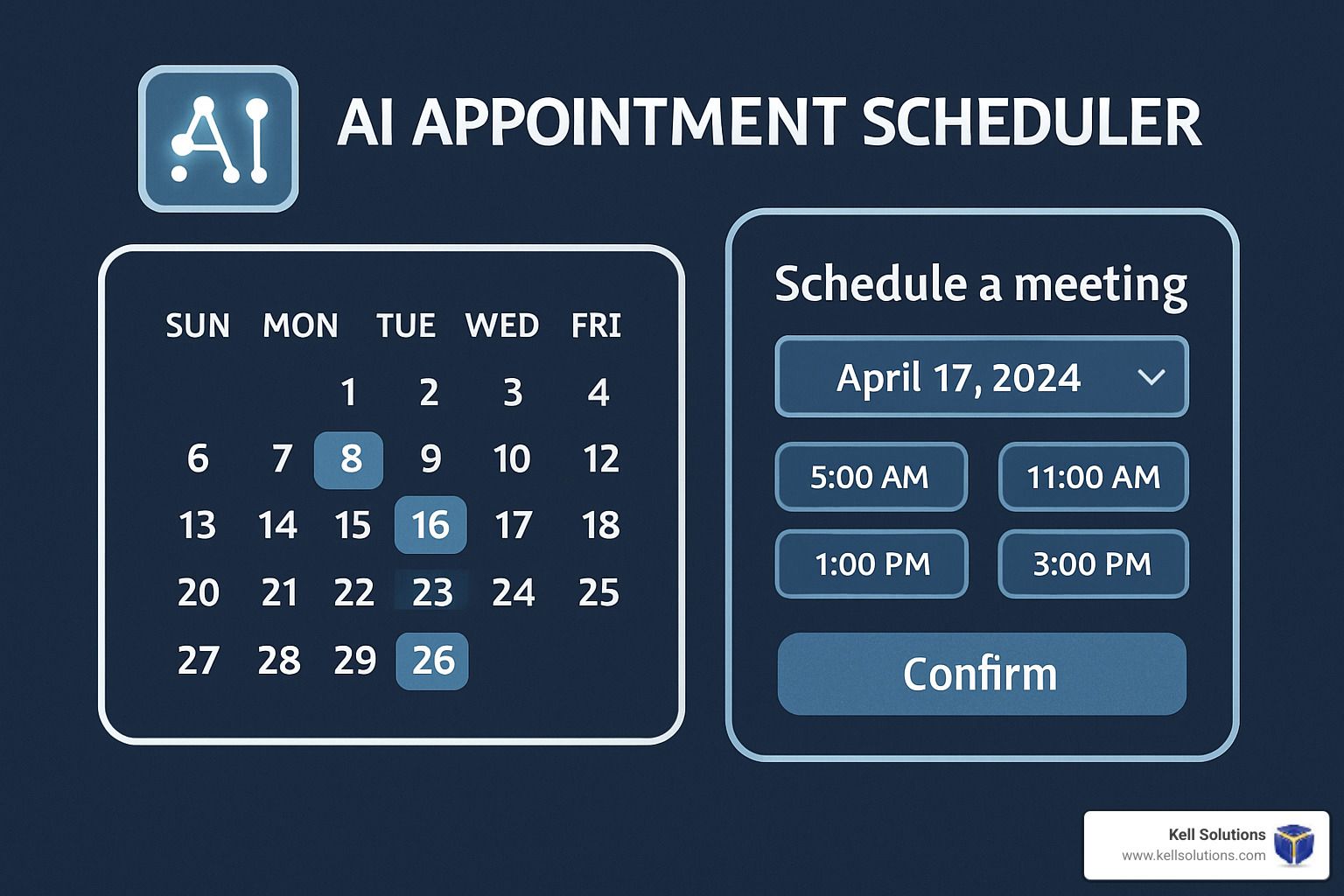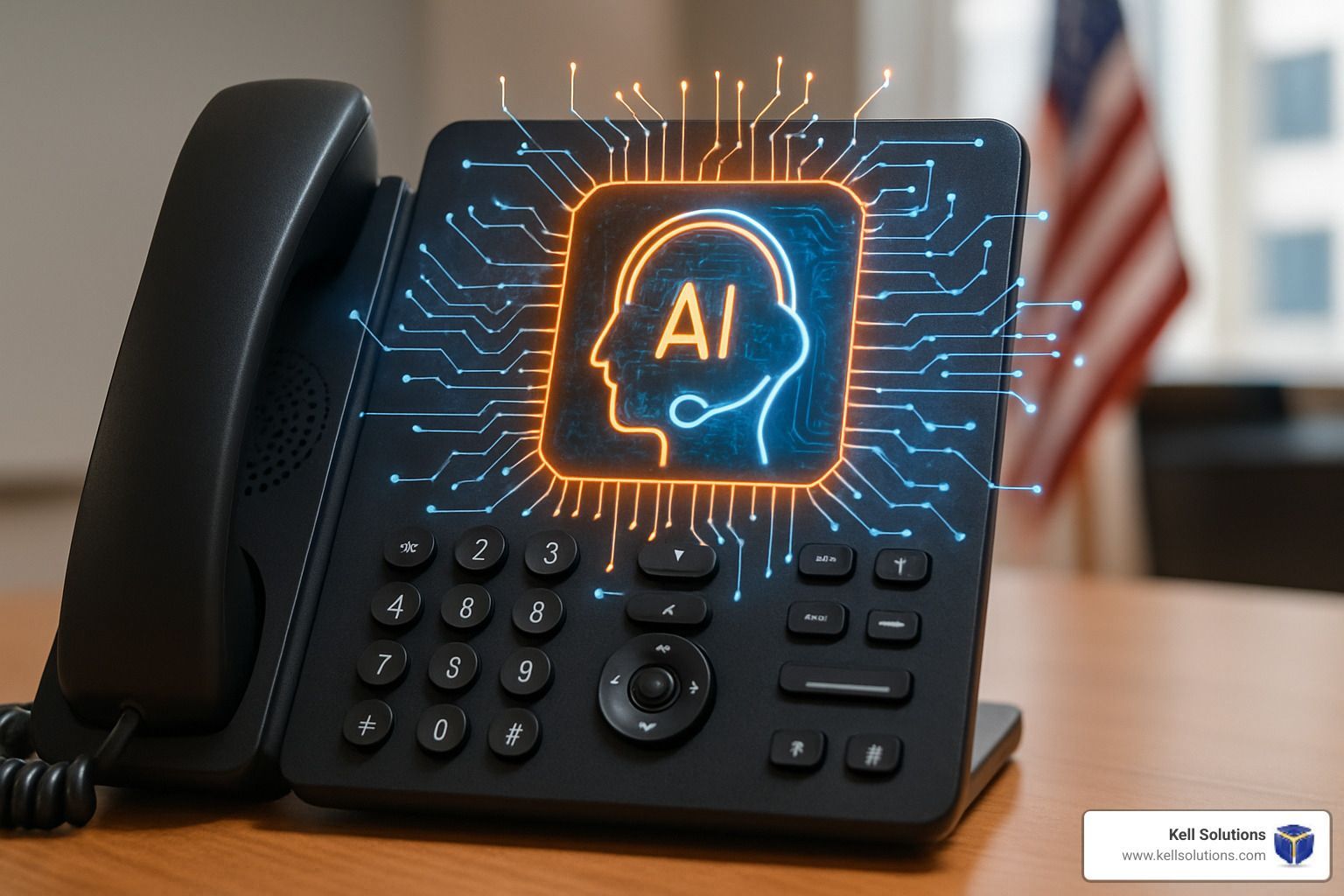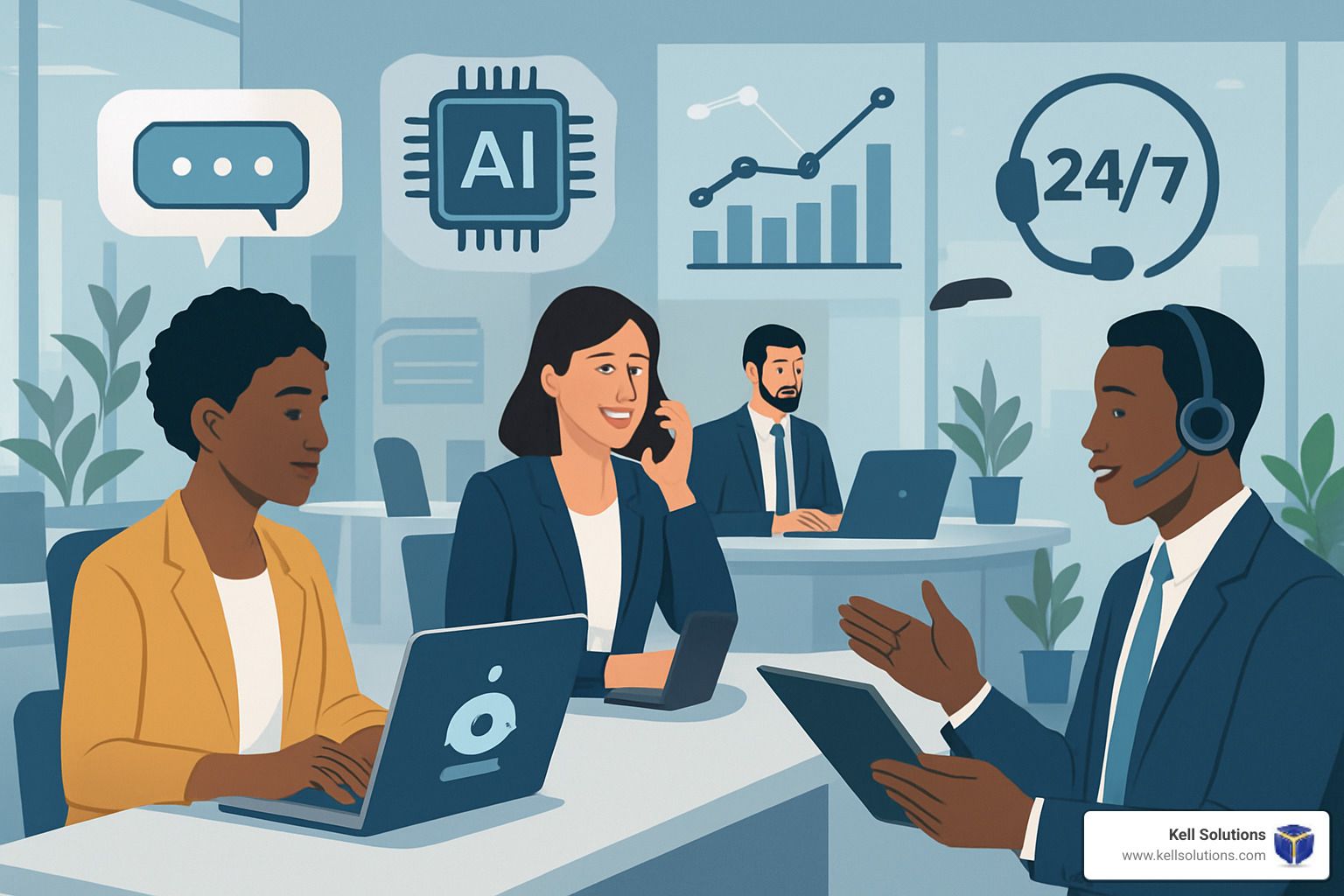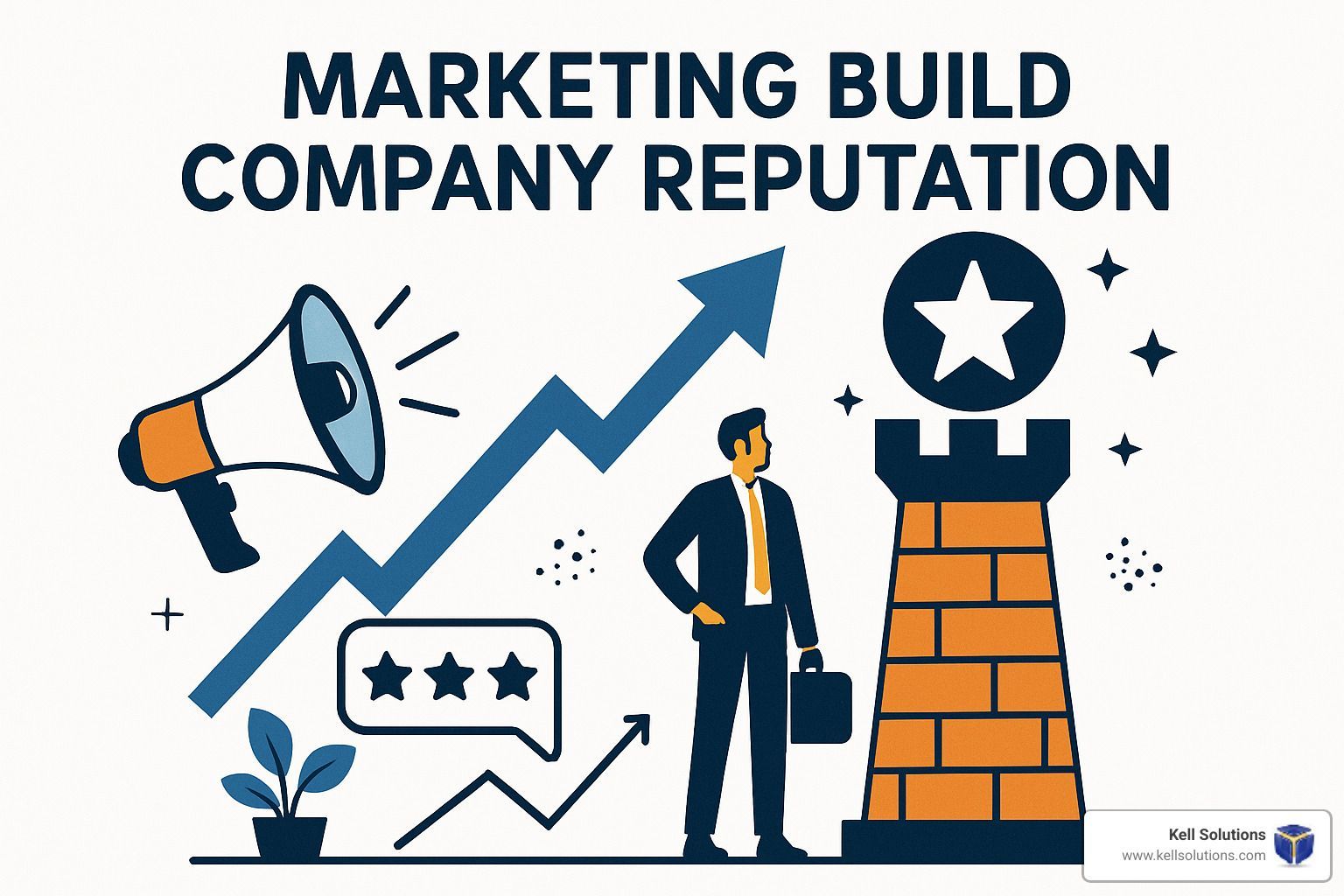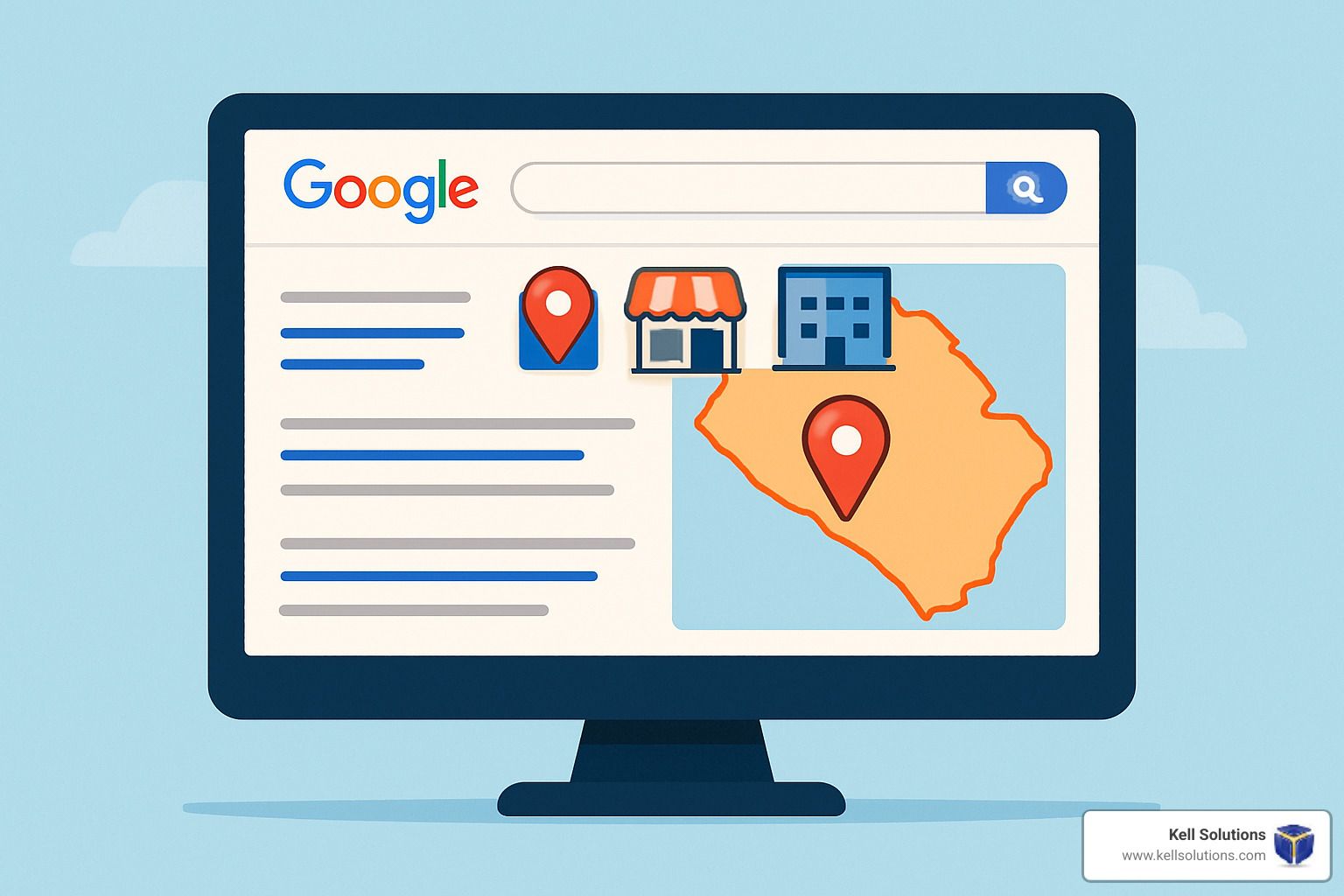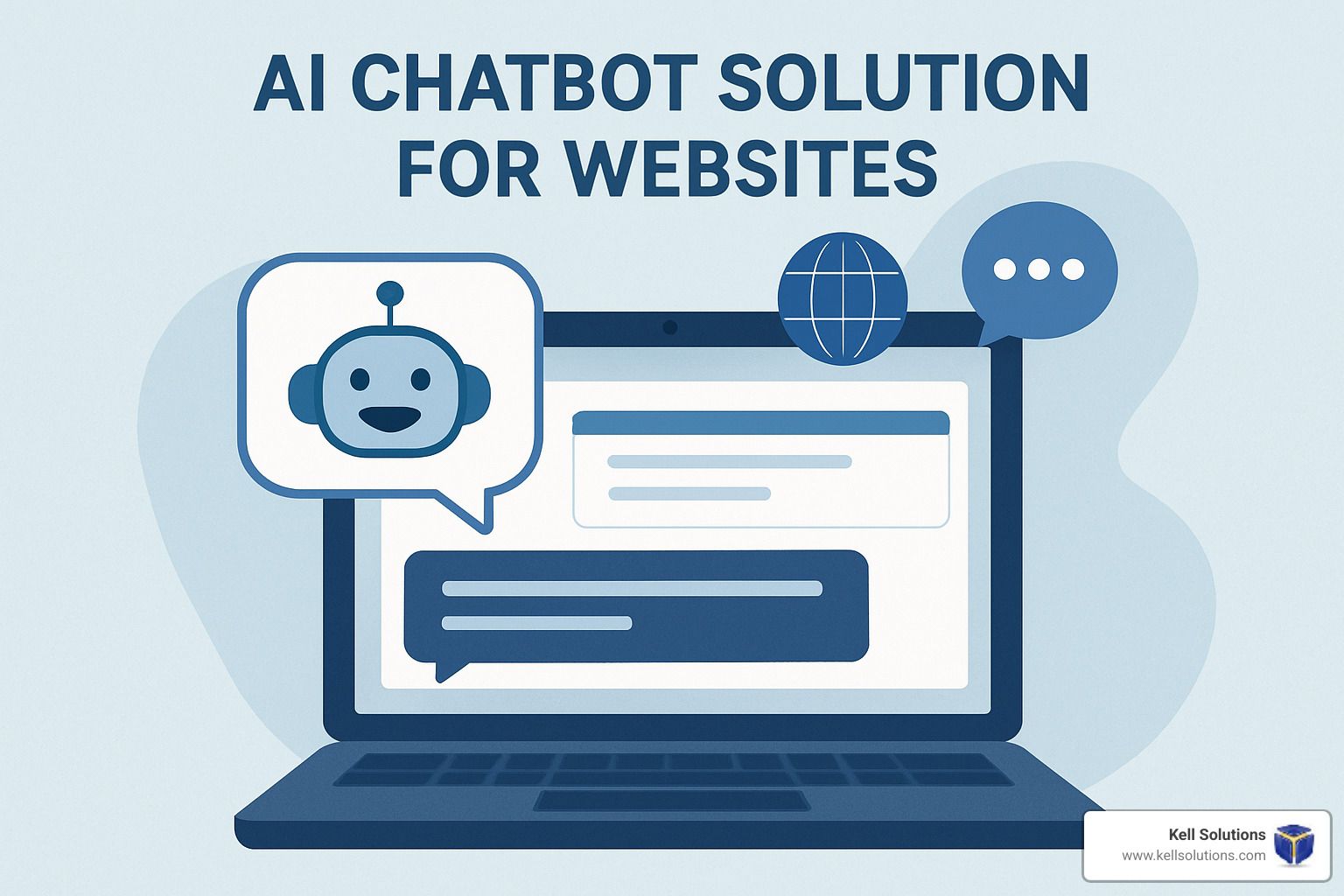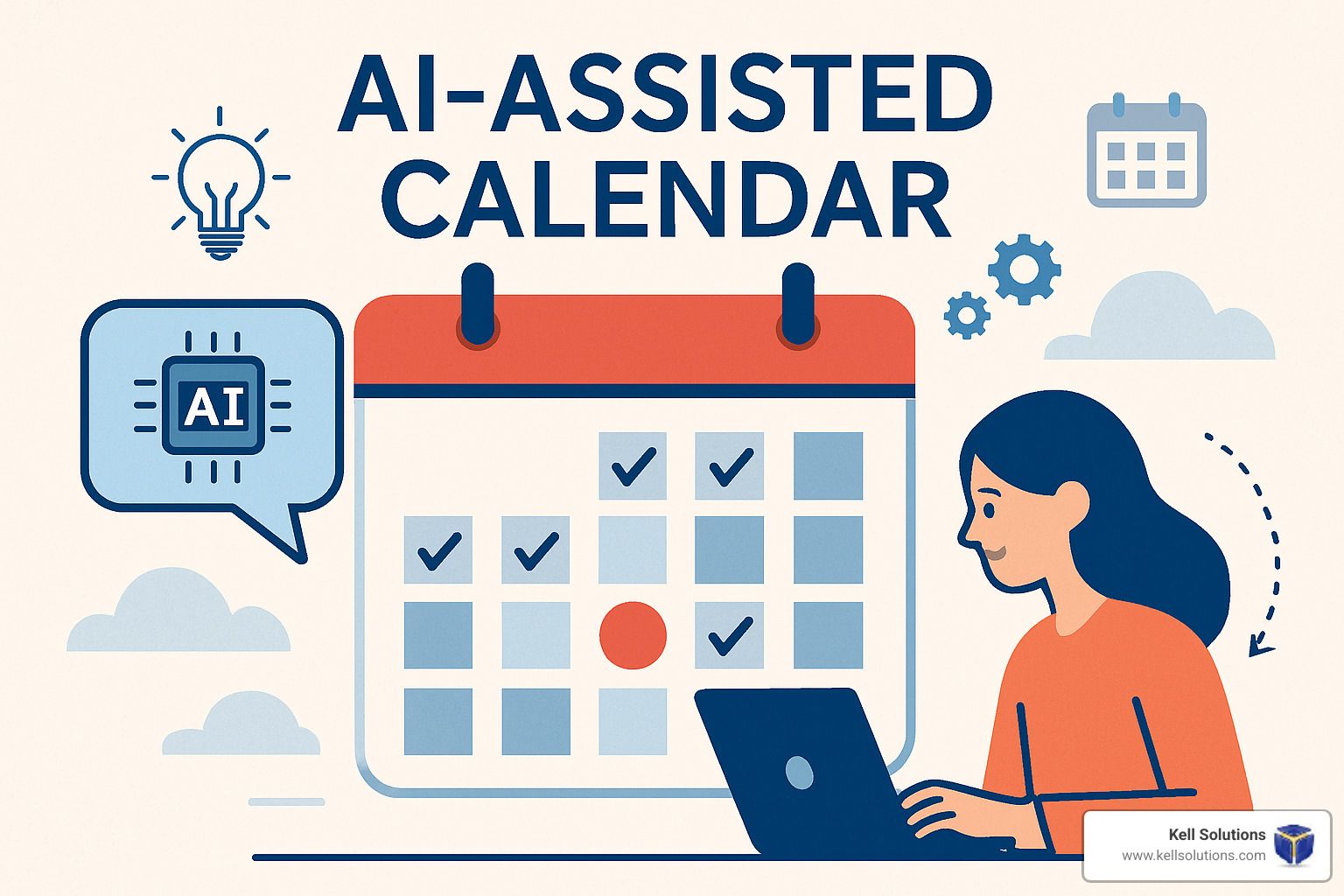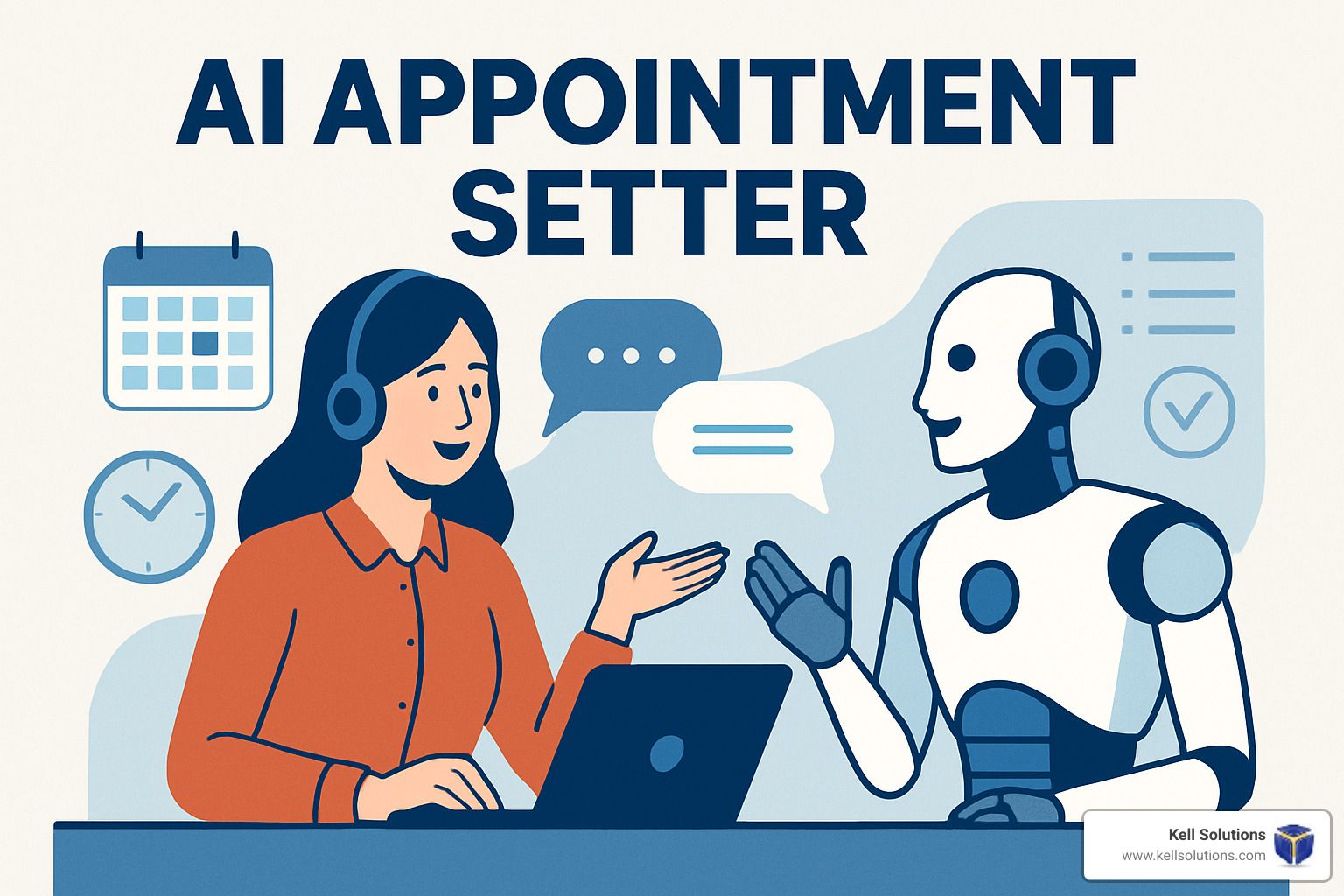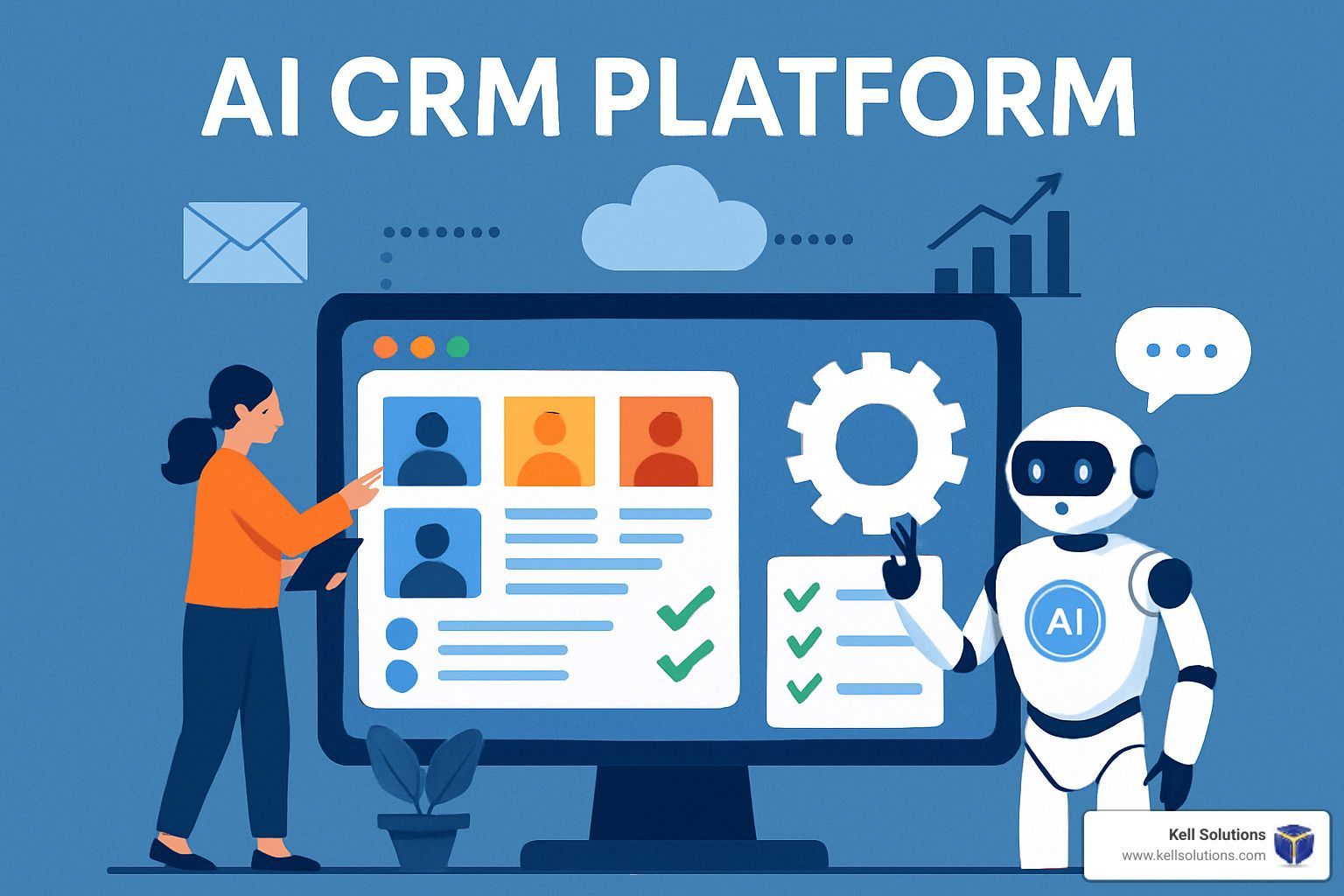Orange County AI Customer Service: 24/7 Support That Converts Leads & Cuts Costs 60%
Why AI Customer Service Is Transforming Orange County Small Business Support
Artificial intelligence customer service Orange County is revolutionizing how local businesses handle customer interactions—using machine learning, natural language processing, and automation to deliver 24/7 support, slash response times, and boost satisfaction.
Key Components of AI Customer Service:
- Chatbots & Virtual Assistants – Resolve routine inquiries and FAQs instantly
- Voice AI – Process calls and convert speech to actionable responses
- Sentiment Analysis – Detect emotions and escalate frustrated callers
- Predictive Support – Anticipate needs before customers ask
- 24/7 Availability – Never miss a call or inquiry, even after hours
Research shows 80% of customers expect immediate resolution when they contact a business ( Weave )[2], yet many small companies struggle with long hold times and missed calls.
The data is stark: 82% of service professionals say customer expectations have increased, and 78% of customers feel service is rushed( Salesforce State of Service )[3]. Meanwhile, 86% of business leaders believe AI will completely transform customer experience( Salesforce ).
AI customer service tools level the playing field—providing enterprise-quality support without enterprise costs.
I’m Gregg Kell, founder of Kell Web Solutions in Laguna Beach. Over 25 years, I’ve helped Orange County firms leverage technology for growth—most recently developing VoiceGenie AI to help service businesses convert more leads and never miss opportunities.
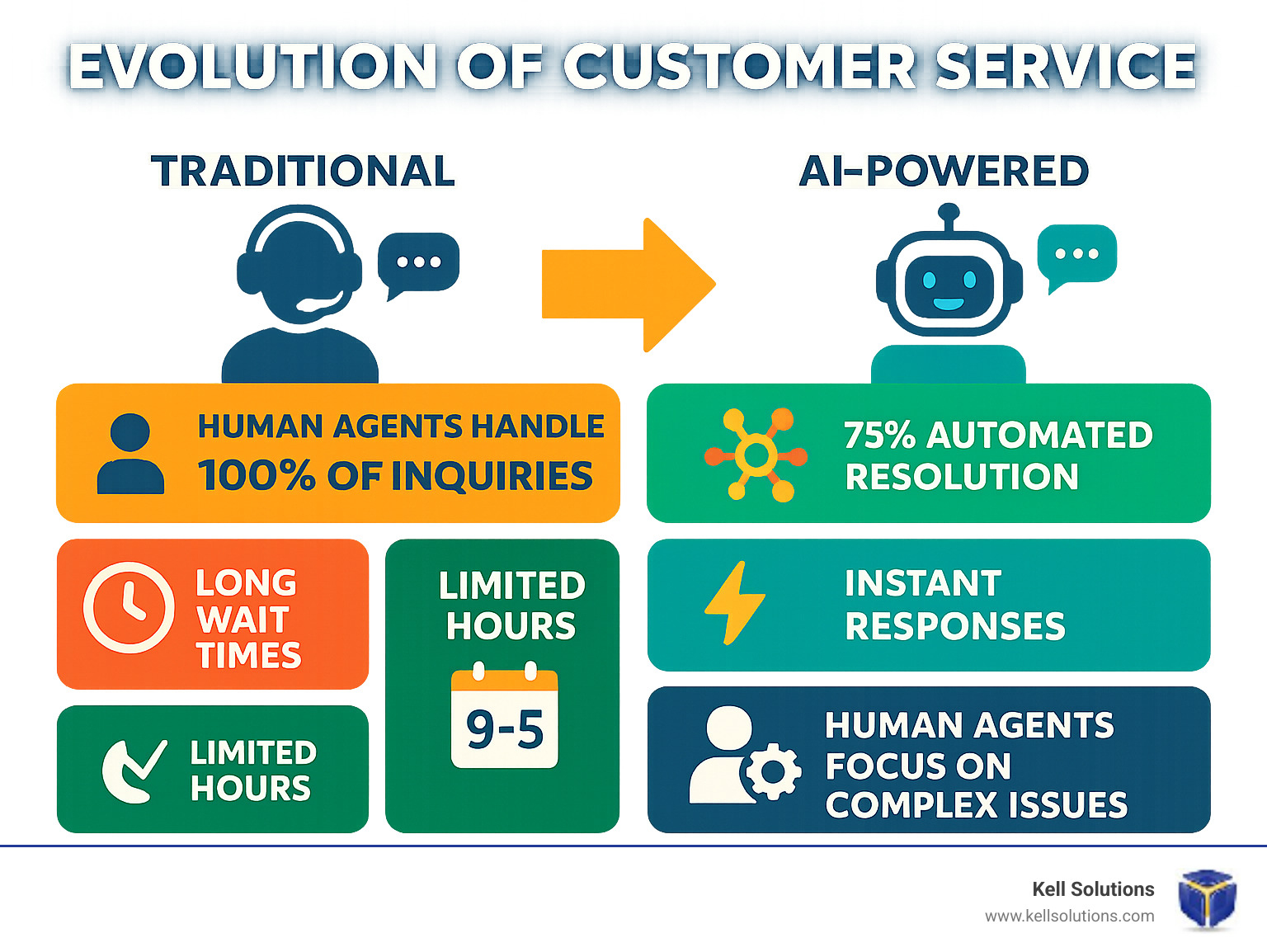
Understanding AI in Customer Service
Artificial intelligence customer service combines machine learning, NLP, and automated workflows to intelligently manage interactions. According to peer-reviewed research , customers increasingly prefer AI when it delivers faster, more accurate responses.
Machine learning enables systems to improve with each interaction, while natural language processing ensures that “Where’s my order?” and “Status update” are understood as the same request. Generative AI crafts fresh, human-like replies, and sentiment analysis flags emotional cues for escalation.
What Is Artificial Intelligence Customer Service?
It’s an omnichannel support system that auto-resolves up to 75% of inquiries, offers 24/7 availability, and scales seamlessly across chat, voice, email, and social media.
AI identifies intents(customer goals) and entities(specific details), enabling precise, context-aware solutions without human intervention.
How Does It Work Behind the Scenes?
Model training ingests your historical conversations. Data pipelines keep knowledge up to date. Feedback loops track satisfaction, and reinforcement learning optimizes responses for better outcomes.
Core Benefits & Key Metrics
After switching to AI, businesses see near-instant improvements:
- Instant responses vs. 5–10 minute waits
- 75% first-contact resolution vs. lower human rates
- 24/7 support vs. office hours only
- $5M+ in savings and 43% lower costs
Speed & Availability
AI eliminates queues. Whether one or one thousand inquiries, every customer receives an immediate response. 80% automation potential frees human agents for complex issues.
Personalization & Revenue Growth
Predictive offers and personalized recommendations drive upsells. 59% of customers expect personalization; AI delivers that at scale and uncovers hidden opportunities.
Operational Efficiency
Auto-summaries cut note-taking time. Intelligent routing ensures complex cases reach the right expert. 63% of agents report better service with AI assistance[3].
Common Applications
AI customer service adapts across channels and industries.

Chat & Messaging Bots
Natural-language bots resolve FAQs and schedule appointments seamlessly. More on AI Chatbots →
Voice & Call Center AI
VoiceGenie AI agents handle calls end-to-end—from greeting to advanced booking—while logging transcripts and sentiment.
Sentiment & Intent Analysis
AI prioritizes urgent cases and de-escalates frustration before it escalates to human agents.
Predictive & Proactive Support
AI predicts churn, schedules maintenance reminders, and automates preemptive outreach for better retention.
Implementation Best Practices & Challenges
Effective AI rollouts require:
- Data privacy and encryption (AES-256, TLS 1.3)
- Secure integrations with CRM, voice, and scheduling platforms
- Team training to position AI as augmentation, not replacement
- Ethical guidelines for transparent AI behavior
See our AI-Driven Customer Engagement Solutions for detailed guidance.
Future Outlook & Scalability
Next-gen AI will blend voice, chat, video, and emotion recognition for fully proactive support. Early adopters in Orange County gain a lasting competitive edge.
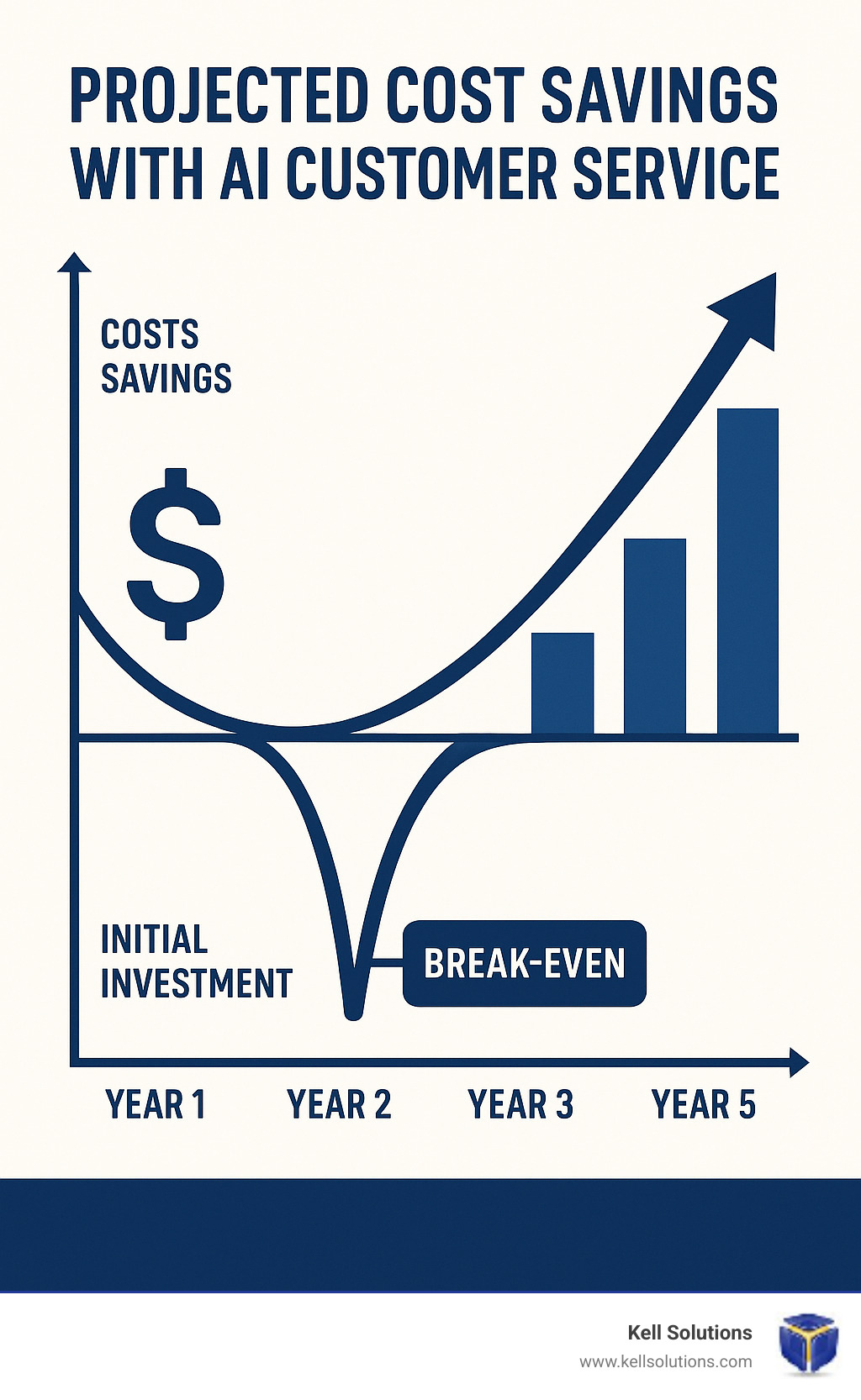
Frequently Asked Questions
Will AI replace human agents?
No—AI handles routine tasks so your team can focus on complex, high-value interactions and empathy-driven service.
How do I measure success quickly?
Monitor response times, first-contact resolution (75%+), and customer feedback comments like “Instant help!” to gauge impact.
Is AI secure?
Enterprise-grade encryption, access controls, and compliance with HIPAA, SOC 2, and GDPR make modern AI safer than legacy phone systems.
How fast can I implement?
Pilots launch in weeks; full deployments often achieve ROI in 6–12 months for Orange County firms.
Conclusion
Artificial intelligence customer service Orange County is not a future trend—it’s today’s competitive necessity. With 75% automation, 24/7 availability, and $5M+ in savings, the choice is clear.
Request your free VoiceGenie AI demo and discover how AI can help your Orange County business capture more leads, satisfy every customer, and grow faster than ever.
Related Resources:
About the Author: Gregg Kell, Laguna Beach–based strategist, has 25+ years helping Orange County firms grow with AI solutions like VoiceGenie AI.
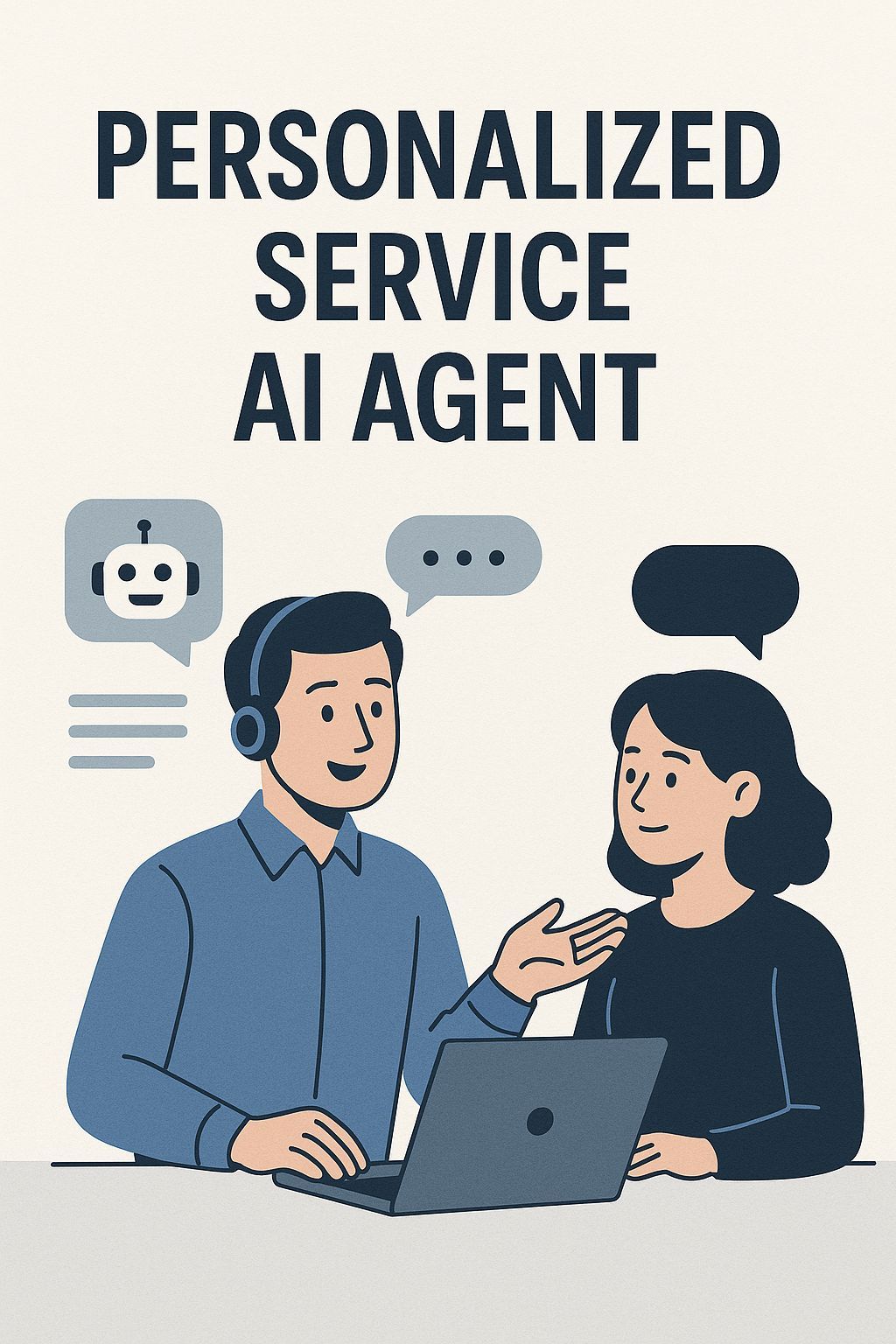

Orange County HVAC Google AI Overview Domination: 7 Proven Strategies to Capture Featured AI Results




